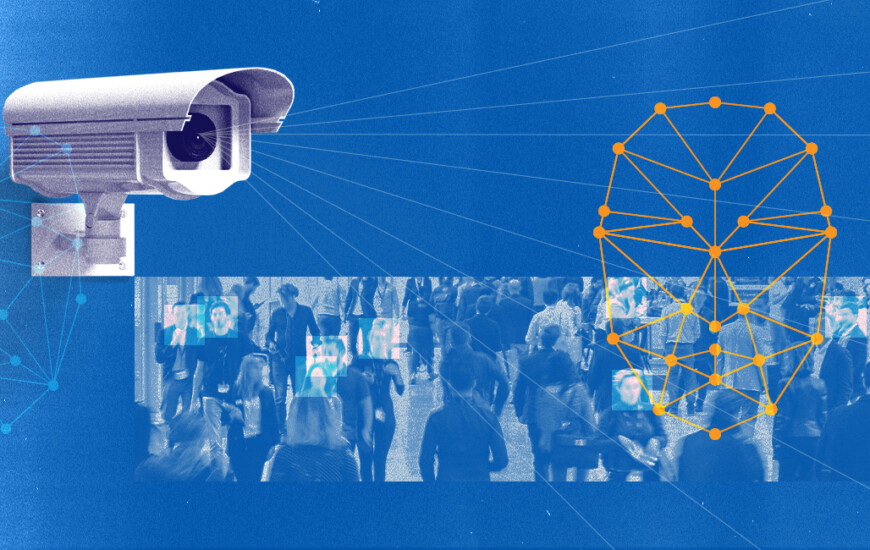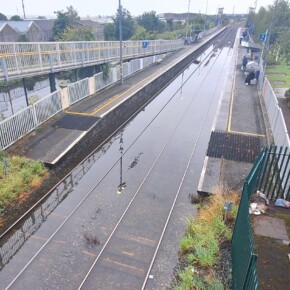Facial recognition technology to be used by Gardaí in post-riots crackdown
Mike Finnerty 14 Dec 2023
Government has published a draft law on facial recognition technology.
The technology will be used for investigations into offences including violent disorder.
The move comes in the wake of the Dublin riots, with Minister for Justice Helen McEntee looking to use the politically-charged environment to introduce legislation that Government claims will crack down on crime.
The Minister for Justice said the Bill aims to help gardaí “trawl” through thousands of hours of CCTV when investigating serious crimes.
The Irish Council for Civil Liberties has raised concern about how FRT could be used by authorities, with Liam Herrick, executive director of ICCL saying “bodyworn cameras are a new form of surveillance technology to be introduced in Ireland and they directly impact on people’s privacy rights and other key civil liberties such as freedom of assembly.”
“We need to be very careful in how they are introduced and ensure that adequate safeguards are put in place to protect people’s fundamental rights.”
Green Party TD Patrick Costello raised concerns about the implications of making the technology available to members of the Gardaí.
I appeared on RTÉ to voice my party's opposition to facial recognition technology.
There is a false equivalence between body cams and FRT. We can have one without the other.
AdvertisementOne offers protection for citizens + Guards, the other is riddled with racial bias and privacy issues. pic.twitter.com/r20Ul6o0h8
— Patrick Costello TD (@Costellop) June 1, 2023
McEntee told the Dáil “body-worn technology is important for the gardaí to protect themselves, to record scenes accurately and, when they are at the scene of a crime, to record what happens immediately afterwards,” she said.
“If they are in the midst of an incident such as the riots we saw two weeks ago, they would be able to accurately reflect through the cameras what is happening.”
“Just as there will be pilots for the body-worn cameras, we need to make sure any application of FRT is done in such a way that we can see how effective it is and whether any changes need to be made. That would include a pilot scheme as well. All of this is moving.
“It is positive and shows how technology, when monitored and put in place effectively, can support gardaí in their work and make sure they are as effective as possible in responding to crime.”











